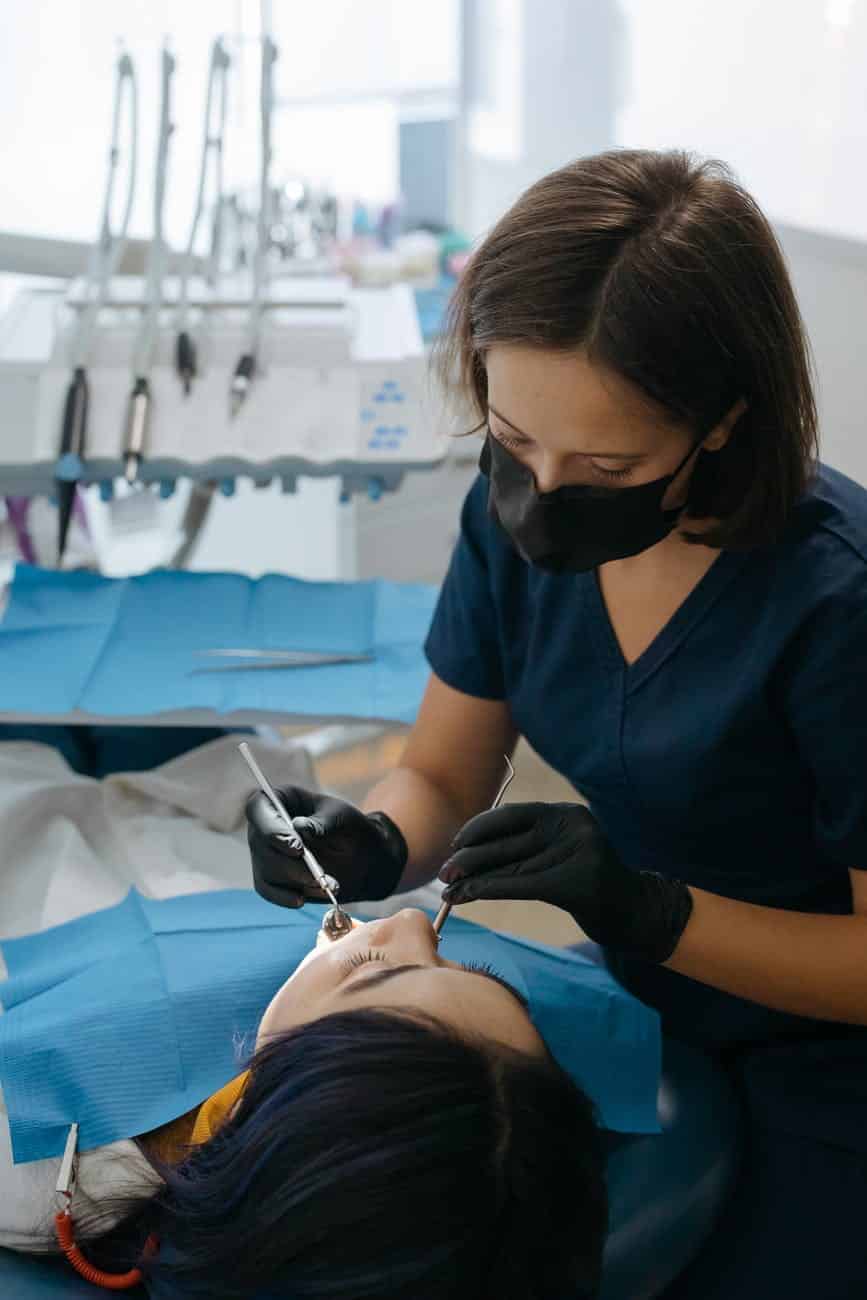One of the great achievements on the political agenda in 2020 was putting mental health on the table. It went from being an issue that was only discussed by those affected, to a national debate on the improvement to available measures. But now it seems as though the European Health Survey for 2020 conducted by the National Institute of Statistics, has collected a similar problem: 3.6 million people in Spain do not have access to dental care.
Looking at regional data, the Valencian Community is at the top of that ranking, where there are 556,500 people who cannot afford oral examinations, treatments or solutions, due to the high cost of this medical specialty, which is not included in the Social Security program unless it is a serious problem, related to oral medicine or dental health.
The data divided by sex shows that women are the most affected: in total there are 319,000 women who cannot afford to take care of their dental health for financial reasons, compared to 237,300 men.
The figures exceed all other autonomous regions where, next comes Catalonia with 548,100 people without access to correct dental care, followed by Madrid, with 362,300 people and Andalusia, with 360,900 people.
In 2021, the Central Government promised to expand the medical coverage of the public health service in terms of dental treatments, but there has still been no movement. In adults, Social Security dentists cover treatments such as infections or inflammation, in addition to tooth extraction, trauma, minor surgeries or acute pathologies in the jaw. “Survival is covered, but not aesthetics or oral functionality; that is, a tooth is extracted if you have a phlegmon or inflammation, but a dental implant is not provided”, explains the dentist Marta Conca.
Another dentist, Irene Gil, said that dental health “is not just about having a beautiful mouth, it is functionality, on which speech and chewing depend.” “When it is correct, it increases the quality of life in general, but if it is not, it could lead to digestive problems.”
For this reason, she argues, that Social Security provision for dental treatment should be much broader, because it does not even take care of common problems such as simple cavities, the cost of which is around 60 euros on average in a dental clinic.
“If you do not treat the problem, it gets worse, destroys the tooth and generates necrosis or pulpitis that infects the bone, and causes phlegmon that could mean treatment in a hospital”, Gil explains. Because of this she appeals to the authorities to act because, although the extraction of that tooth is covered by the National Health System, its replacement is not. “If a person cannot afford a filling, how can he afford an implant?”
“We constantly come across people who cannot even pay for treatment through financing, and if they are elderly, they usually require the help of their sons and daughters,” explains Gil.
In the most severe cases, Marta Conca explains that it is the Solidarity Odontologists association, based in Valencia, who carry out such work with people who need treatment but cannot afford it. They can be reached through social services where they will perform fillings and prosthetics for free or at a reduced cost.
The same survey also reflects the number of people who cannot afford medicines prescribed by a doctor: 81,800 Valencians or 2% of the total population.





